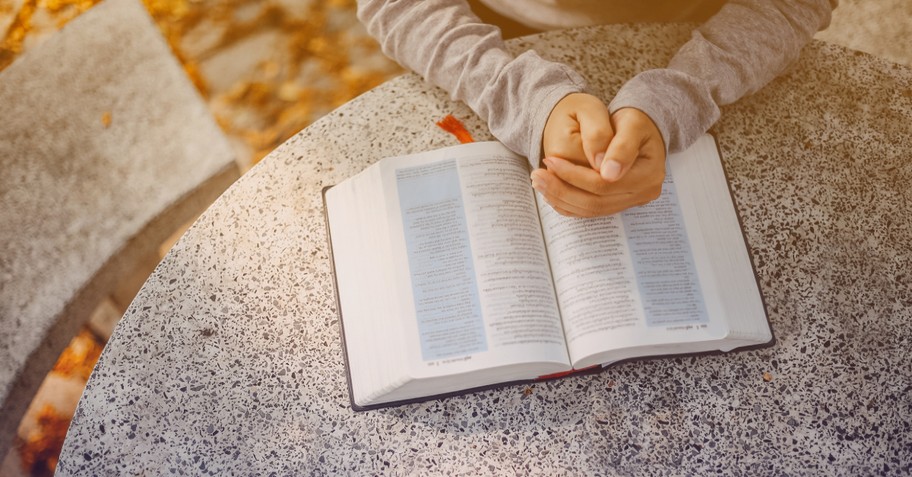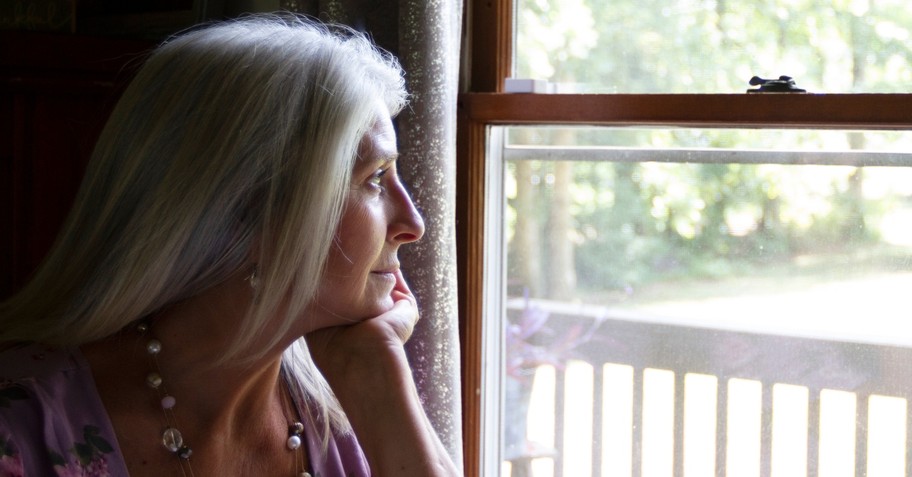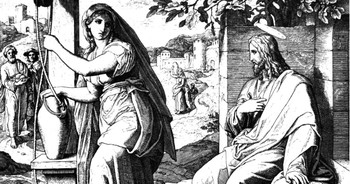Were There Female Prophets in the Bible?

God has many ways to communicate with humanity. He used the whisper of the wind, the Scriptures, and miracles. He even chose to use people on occasion. These people were prophets, and their lives were committed to God’s service.
When looking at the list, it can seem like it is dominated by men, and there was a specific kind of prophet whose role was only filled by men. However, there are instances in the Bible where it mentions women who had the gift of prophecy, or whom God used to speak to His people.
It is important to distinguish between people empowered by the Holy Spirit to have the gift of prophecy, people who are called to be minor prophets to the nation of Israel, and the men who were called to serve as prophets whom God used to call Israel to repentance and to prophecy about the coming Messiah. Once these distinctions are made, the role of the prophetess can best be understood.
God uses men and women for His purposes, and the prophetesses of the Bible demonstrate how He chooses to use women in a unique and special way.
Photo credit: Unsplash/Alexandra Fuller

What Is a Prophet or Prophetess?
When discussing prophecy, prophets, and prophetesses in the Bible, it is important to break-down the various kinds of prophets and prophecies present across the centuries of history and law recorded in it.
The major and minor prophets sent to Israel and Judah after the start of the kingship of Saul were ordained by God for life, and were called to give messages to people groups or the nation of Israel, or were given prophetic visions or messages about the future of the nation, the Messiah, or the end of days. These messages were usually warning when Israel was straying from the ways of God. They are called the major and minor prophets because their prophecies are recorded in the Old Testament. These individuals include, but are not limited to, Isaiah, Jeremiah, Ezekiel, Daniel, Hosea, Joel, Amos, and Zechariah. None of these prophets were women.
During this period, there were other prophets who served the Lord. They are referred to in passing and in brief through the Old Testament. Many were killed during the reign of Ahab and Jezebel. “And when Jezebel cut off the prophets of the Lord, Obadiah took a hundred prophets and hid them by fifties in a cave and fed them with bread and water” (1 Kings 18:4). While the Lord used these prophets, their prophecies were not canonized as part of the Bible at the leading of the Holy Spirit. Their prophecies were probably specific to towns and regions they served. There are women who served in this capacity, some of whom are named.
The Bible also emphasizes, particularly in the New Testament, that the Holy Spirit grants some individuals the gift of prophecy, but it is not to the same extent. Paul specifies the church has a limited capacity for this gift, “As for prophecies, they will pass away; as for tongues, they will cease; as for knowledge, it will pass away. For we know in part and we prophesy in part, but when the perfect comes, the partial will pass away” (1 Corinthians 13:8b-10). Contextually, many members of the Corinthian church coveted the gifts of tongues and prophecy. Paul downplays these gifts, as they are temporary and partial. Some women had, and possibly still have depending on someone’s personal theological stance, the gift of prophecy.
Photo credit: ©Getty Images/DGLimages

Were There Prophetesses in the Bible?
Several women in the Bible are identified as prophetesses. They served the nation of Israel, or were given the gift of prophecy. Like their male counterparts, they received guidance from the Lord. Unlike the male prophets of the Old Testament, the women tended to be called on during extraordinary moments.
These women in the Old Testament who were named were:
Miriam
The sister of Moses and Aaron, the Pentateuch makes it clear that she served as a prophetess to the people alongside her brothers. She was a member of the Tribe of Levi, which became the priestly tribe. Her first mention of being a prophetess seems to indicate she led the Hebrew women in worship as part of her role.
“Then Miriam the prophetess, the sister of Aaron, took a tambourine in her hand, and all the women went out after her with tambourines and dancing. And Miriam sang to them: ‘Sing to the Lord, for he has triumphed gloriously; the horse and his rider he has thrown into the sea’” (Exodus 15:19-20).
The prophet Micah later confirmed that Miriam served as a prophetess. “For I brought you up from the land of Egypt and redeemed you from the house of slavery, and I sent before you Moses, Aaron, and Miriam” (Micah 6:4).
She did not always serve the Lord faithfully, opposing Moses because he married outside of the Hebrew people, and being struck with leprosy temporarily because of it. She died in the wilderness along with all the people in the generation that forgot God’s power to redeem and doubted that God could bring them to the promised land.
Photo credit: ©Getty Images/Jantanee Rungpranomkorn

Deborah
Most people know Deborah served as a judge, aiding in a military campaign to defend Israel. However, the Bible clarifies she simultaneously served as a prophetess alongside her political leadership.
“Now Deborah, a prophetess, the wife of Lappidoth, was judging Israel at that time” (Judges 4:4).
She honored God, fortified the troops of Israel with spiritual wisdom, leadership, and courage.
Huldah
Little is known about Huldah, as she only receives brief shout-outs in the chronicles about the period of the kings. It is the same occurrence, recorded in two places. Like other prophets of her day, she speaks against the evil being committed in the nation of Judah. The king who sent messengers to her was in the process of repenting of his sins, so she said,
“But to the king of Judah, who sent you to inquire of the Lord, thus shall you say to him, Thus says the Lord, the God of Israel: Regarding the words that you have heard, because your heart was penitent, and you humbled yourself before the Lord, when you heard how I spoke against this place and against its inhabitants, that they should become a desolation and a curse, and you have torn your clothes and wept before me, I also have heard you, declares the Lord. Therefore, behold, I will gather you to your fathers, and you shall be gathered to your grave in peace, and your eyes shall not see all the disaster that I will bring upon this place” (2 Kings 22:18-20).
The Wife of the Prophet Isaiah
While her name is not known, her husband identifies her as a prophetess, and the mother of his child, “And I went to the prophetess, and she conceived and bore a son. Then the Lord said to me, ‘Call his name Maher-shalal-hash-baz’” (Isaiah 8:3).
Photo credit: Unsplash/Sasha Freemind

Anna
Before and during the early days of the life of Jesus, there was a woman named Anna who had been married, but was widowed young. After her husband died, she dedicated her life to the temple, and to serving God. She was one of the first to see Jesus after His birth, and to affirm His identity as the Messiah:
“And there was a prophetess, Anna, the daughter of Phanuel, of the tribe of Asher. She was advanced in years, having lived with her husband seven years from when she was a virgin, and then as a widow until she was eighty-four. She did not depart from the temple, worshiping with fasting and prayer night and day. And coming up at that very hour she began to give thanks to God and to speak of him to all who were waiting for the redemption of Jerusalem” (Luke 2:363-38).
After the death and resurrection of Jesus Christ, the Holy Spirit came to each believer, empowering them to communicate with God directly if they believed in Jesus, repented of their sins, and made Him Lord of their life. In addition, God no longer worked through one nation of people, but through anyone who became a believer, and therefore a part of His kingdom. This meant there was not a need for prophets in the same way. The Spirit did continue to gift some people with prophecy, including women.
The four daughters of Phillip
A man named Phillip was chosen to be one of the first seven Deacons to take care of the church of Jerusalem. He was known as an evangelist. He had four virgin daughters, all of whom had the gift of prophecy. Little is known about their life.
God used women as prophetesses regardless of age or marital status; He saw their hearts and used them as they were willing to serve.
Photo credit: ©Getty Images/gpointstudio

Why Did God Call Both Men and Women to Be Used in This Way?
God created men and women to be different, and in many ways they serve different functions. However, God will often call on both to serve in the same capacity. Especially in the New Testament, when the Kingdom of God begins to be explained by Jesus, the distinctions between people become less essential to their function to the Kingdom. They are still important, but God sees beyond those things.
“For in Christ Jesus you are all sons of God, through faith. For as many of you as were baptized into Christ have put on Christ. There is neither Jew nor Greek, there is neither slave nor free, there is no male and female, for you are all one in Christ Jesus. And if you are Christ's, then you are Abraham's offspring, heirs according to promise” (Galatians 3:26-29). Once someone has their identity in Christ, they are a new person, and can be used according to God’s purposes.
The Bible is clear that certain roles are ordained for men and for women that are separate and distinct. While there may have been more prophets than prophetesses, God did use women to communicate His Word and His will, and continues to use both men and women to build His kingdom.
Sources
Grudem, Wayne. The Gift of Prophecy in the New Testament and Today. Revised Edition. Wheaton: Crossway Books, 2000.
Prophecy and the Prophets in Ancient Israel. Edited by John Day. New York: T&T Clark International, 2010.
Wilmington, H.L. Wilmington’s Guide to the Bible. Wheaton: Tyndale House Publishers, 1981.
Photo credit: ©Getty Images/Prostock-Studio
Originally published December 12, 2022.





